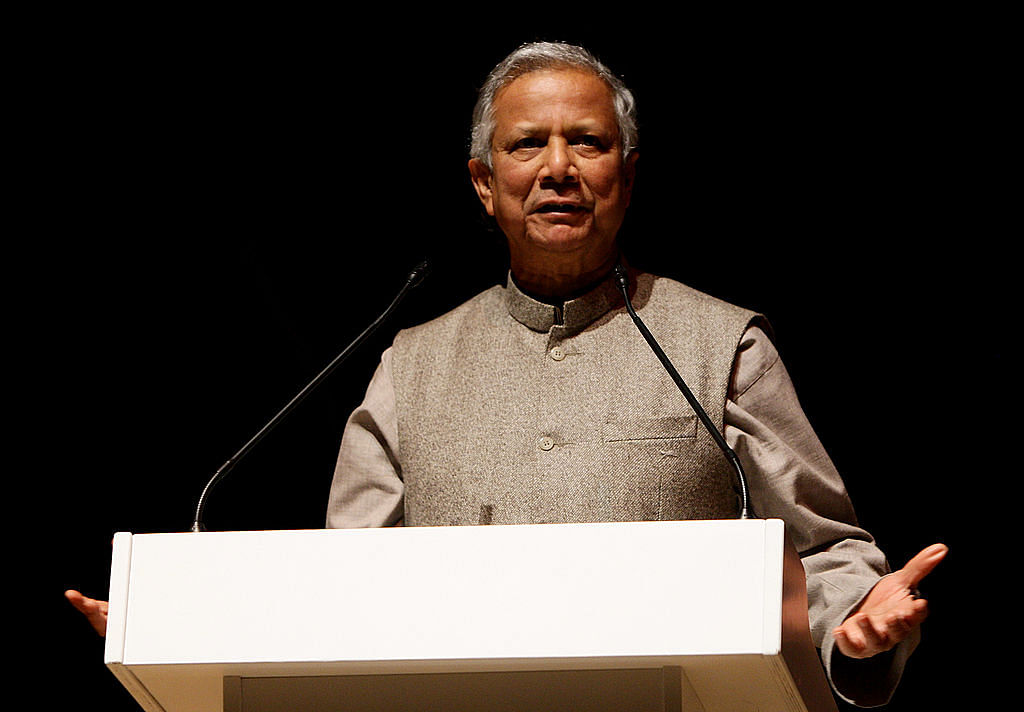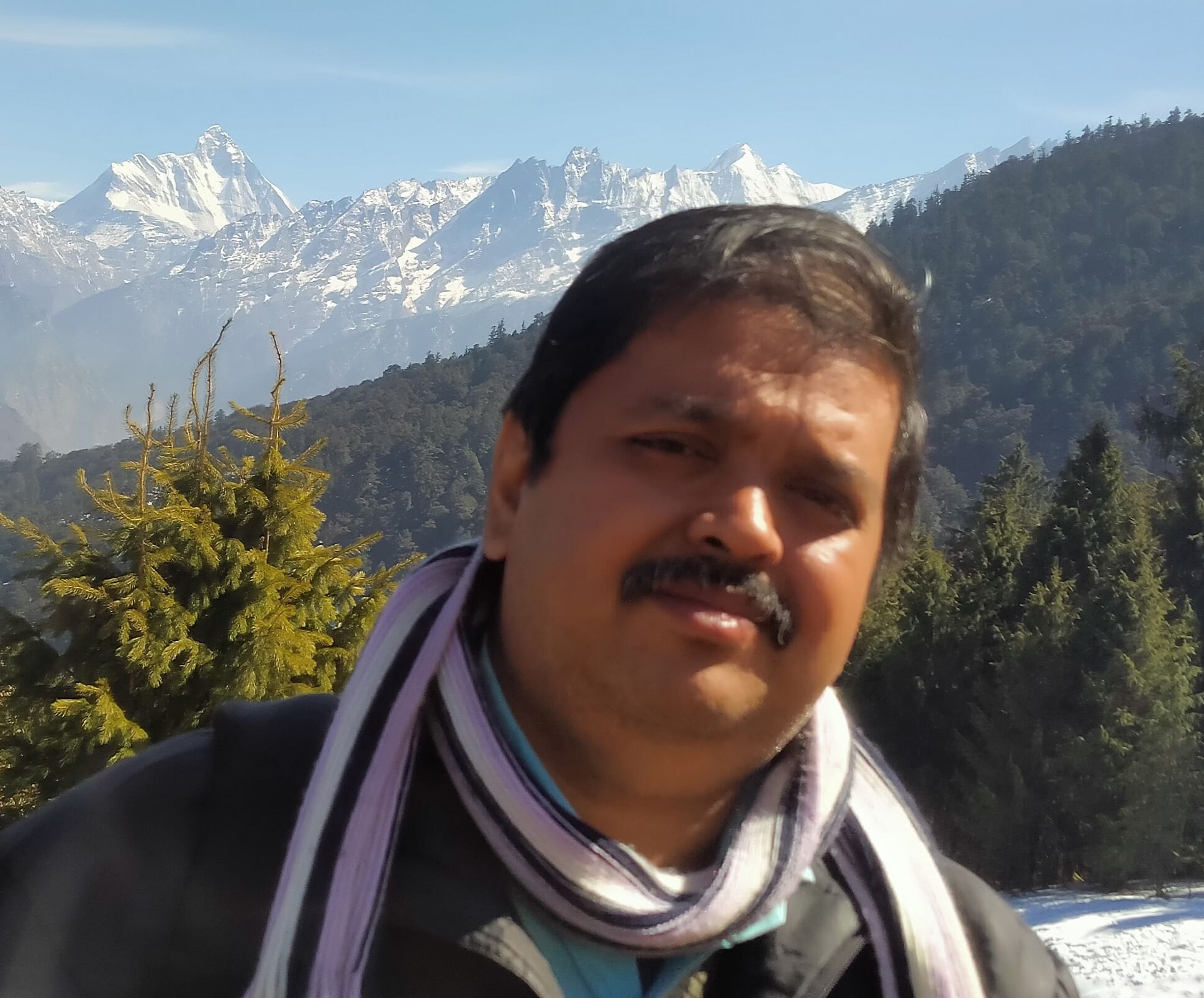
Amid efforts to re-start the Covid-stalled economy, Bangladeshi Nobel laureate Muhammad Yunus on Friday called for some “outrageous decisions” to make a break from the past and focus on creating a separate rural centric economy to solve the problem of migrant labour.
“Today, infrastructure is not limited to urban areas. You have telecommunications, you have roads, you have transportation, communications. So everything is there. So what is it that you have to go to the city to,” Yunus told Rahul Gandhi in an interaction.
The Grameen Bank set up by Yunus was awarded the Nobel Peace Prize in 2006 for extending micro-credit to the poor to kindle their entrepreneurial spirit and pull them out of poverty.
"How did we do that in Grameen Bank? People were shocked. I said we believe in their capacity. They believe in us. There is no collateral. Grameen Bank is the only bank in the world which is lawyer free. A bank built on trust where millions of dollars are given and come back with interest," said Yunus, adding, that when micro credit was given to women they showed how much entrepreneurial capacity they had.
"Why can't we build an autonomous economy?" he asked citing how Grameen Bank, built on trust and no legalese, had shown that millions of dollars could be loaned to the poor just on trust and they would return the amount with interest.
Yunus told Rahul that the rural economy in current times has become an appendix to the urban economy or a labour supplying factory for the cities.
“Now, let us go a different way… this is a time to take bold decisions, outrageous decisions right now,” Yunus said.
"Covid has given us a chance to reflect on how big, bold decisions can be taken. It has given us a window of thinking and we have a choice, whether we go to that terrible world which is going to destroy itself anyway or we go someplace else and build a new world where there will be no global warming, no wealth concentration, no unemployment," the pioneer of micro credit financing said.
He pitched building an separate parallel economy for the rural area rather than have an appendix like that in the present times.
Yunus said the Covid-19 outbreak has presented an opportunity to make a fresh beginning instead of quickly going back to re-start the stalled economy.
“What is the hurry to go back? Should we at all go back? Because that world was a very horrible world. It was creating a world with global warming and giving us a kind of countdown when the world will be finished in a few years,” the economist said.
Stressing the need to recognise the poor, the migrants, the women at the lowest strata of society, Yunus said, "Financial systems are designed in wrong ways. Covid has revealed the weaknesses now. Poor people are all over but the economy does not recognize them. If we can finance them they will move up the ladder. We are engaged with the formal sector."
He also criticised the western economic model, saying it was based on treating the urban economy as the hub and the rural economy as the supplier of labour.
The whole world has now accepted micro credit, said the Bangladeshi credited with revolutionising micro credit.
Emphasising the need to value human culture, Yunus said everything the world has done is to fuel greed which has destroyed everything.
"This is the chance I said, Corona has given us a chance to reflect...In normal situations you will not pay attention to all these things. We are so busy making money," noted the economist.
In the last four months, the Congress leader has interacted with Nobel laureate Abhijit Banerjee, epidemiologists Johan Giesecke and Ashish Jha, Professor Nicholas Burns at Harvard's Kennedy School, former RBI Governor Raghuram Rajan, and Indian industrialist Rajiv Bajaj.
(With inputs from PTI)
